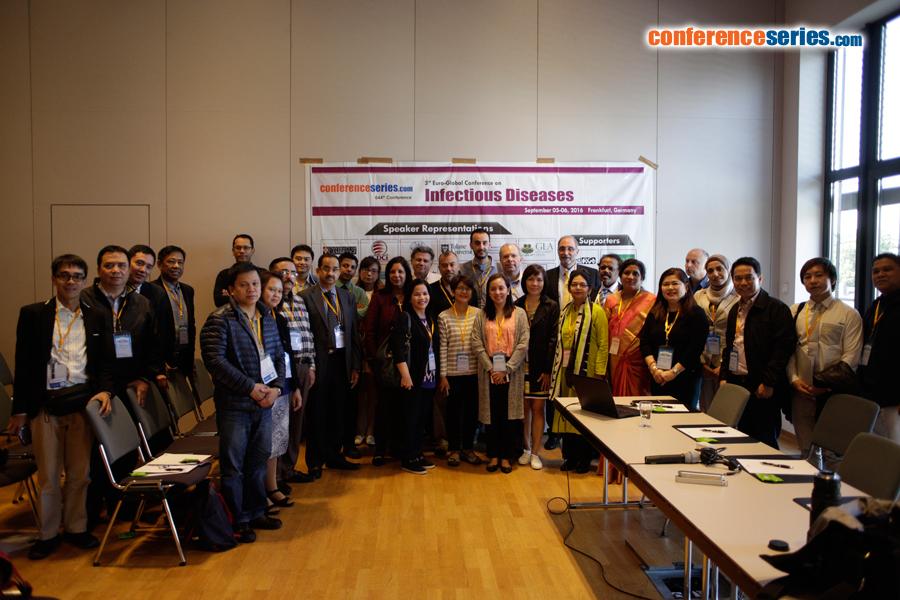Luiz Tadeu Moraes Figueiredo
University of São Paulo, Brazil
Title: Flaviviruses causing infection of the central nervous system associated to underlying diseases in Brazil
Biography
Biography: Luiz Tadeu Moraes Figueiredo
Abstract
It is known that some microbial infections of the Central Nervous System (CNS), such as those caused by Toxoplasma, Cryptococcus and Cytomegalovirus, can be related to predisposing underlying diseases. In Brazil, the tropical climate favors proliferation of large quantities of insect vectors and their vertebrate reservoirs, thus supporting the natural cycles of many arboviruses such as Flavivirus that can infect man. The present report highlights examples of human CNS Flavivirus infections that could be related to underlying diseases. In a study done in the state of Amazonas, cerebrospinal fluid (CSF) from 2 out of 23 patients with meningoencephalitis had the Flavivirus Rocio (ROCV) identified in the CSF. They were a 53 year old man and a 30 year old woman both with AIDS and one of them with tuberculosis, both with headache, behavioral changes and seizures. All survived after lengthy hospital stays. In the Southeast of Brazil 2 children with meningoencephalitis had Saint Louis encephalitis virus detected in liquor. They had lymphomonocitary meningitis and both survived. Recently, we had a fatal case of meningoencephalitis in a cardiac transplanted adult patient with Zika virus detected in the liquor. It is possible that CNS invasion by flaviviruses, including Rocio, Saint Louis encephalitis and Zika viruses was facilitated by immune immaturity or deficiency and also by previous blood-brain barrier damage. It is important to be aware of flaviviruses in patients from tropical regions with underlying diseases and CNS manifestations.






